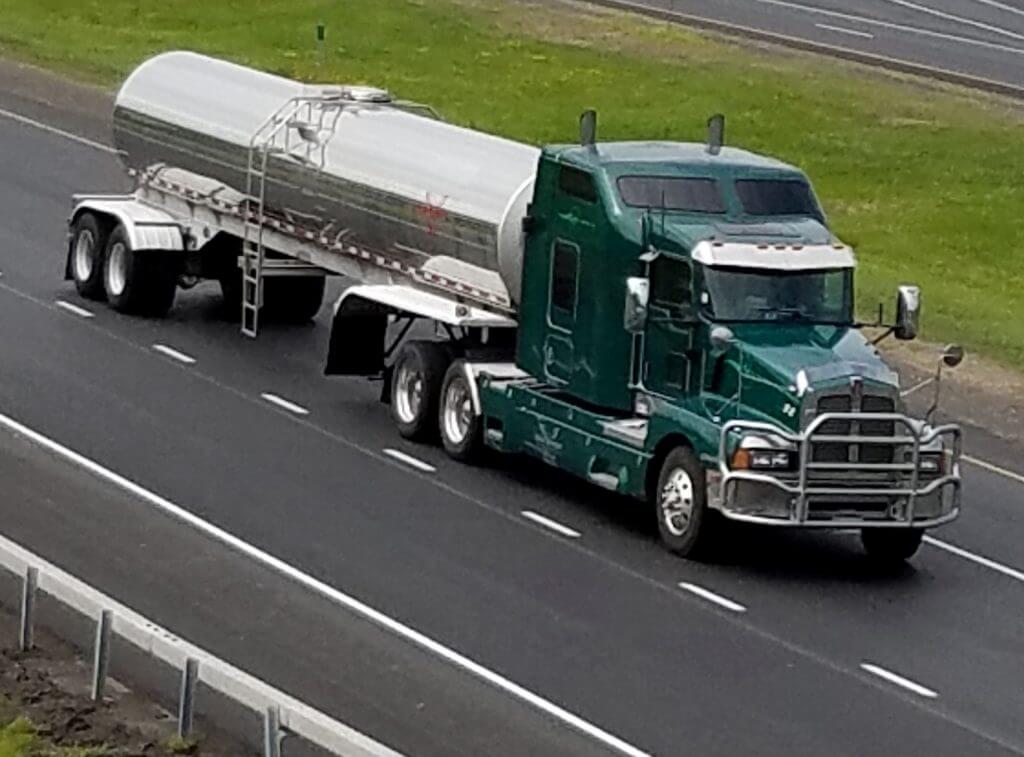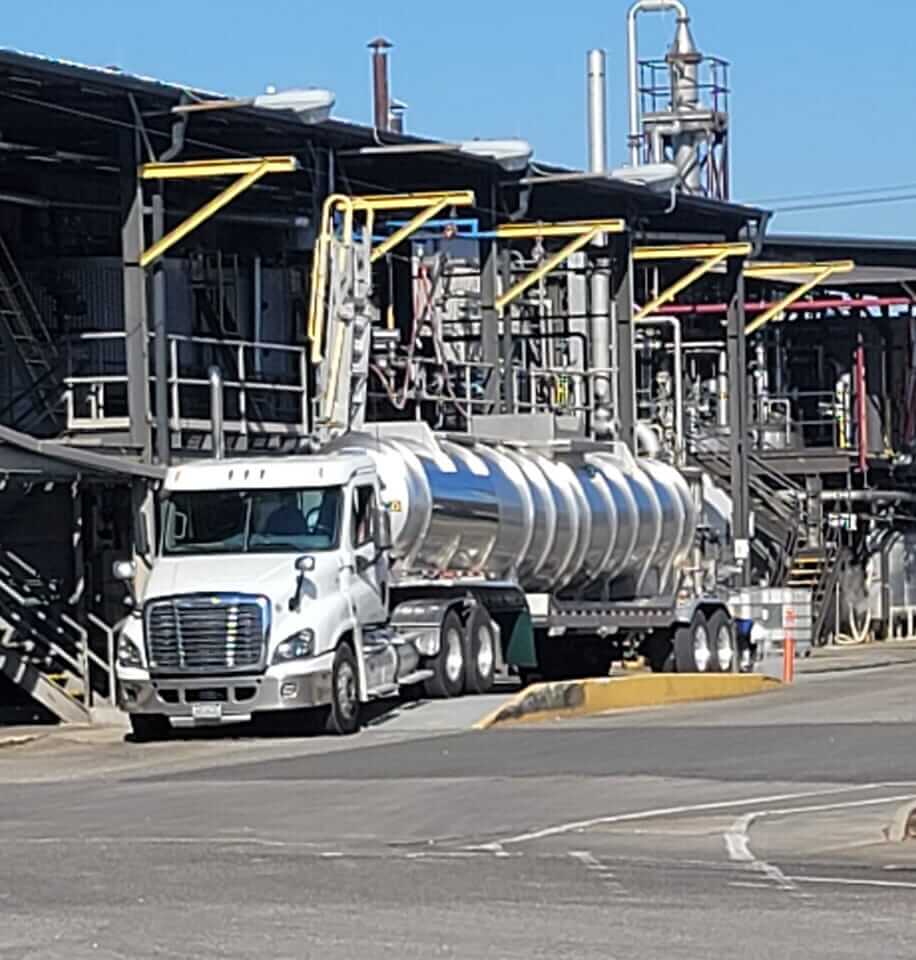Liquid materials are very important to the survival of any economy. No economy can do without bulk liquid materials, such as fuels, foods and their additives, industrial chemicals, and many more. But if there’s anything that sits right at the heart of these bulk liquids, it is liquid transport services.
For the rest of this article, we introduce you to what liquid transport services are before listing some of the common liquid transport services there are.
What Are Liquid Transport Services?
Liquid transport services are those services and the processes involved in the transportation of various bulk liquids from shippers to the consignees. These services mostly revolve around bulk liquids and how to ship them commercially in the most effective, efficient, and safe manner.
The services that liquid transport providers offer are crucial to the economy of any nation. For instance, liquid fertilizers are needed for farms, and chemicals are needed to make just about any consumer product. Oilfield and petroleum chemicals are required for the production of energy for the population. Even sewage and liquid wastes have to be moved. And liquid transport service providers are right at the heart of all these.
That’s what liquid transport services are. But before we go too far, let’s ensure we’re all on the same page as to what bulk liquid means.
What is a Bulk Liquid?
A Bulk liquid is any liquid material that is up for commercial transportation. You could have a full tank of water somewhere, but it still wouldn’t be called a bulk liquid because commercialization has not yet been involved. And in the transport business, commercialization only comes in when a large quantity of the liquid is being transported in bulk containers or tankers.

How Liquid Transport Services Work
There are three major categories that things on our planet belong to, and they are solid, liquid, and gas. Gases can’t be transported until they are liquified, so that leaves us with just two means of bulk transportation: solid and liquid.
Transporting bulk solids and dry bulks is relatively easy because the materials take their own shapes. Liquids, on the other hand, take the shape of whatever container in which you keep them. This means, if there’s a leak somewhere in the container, the liquids are prone to escaping. Spillage is also a common problem for bulk liquids transports. The high reaction rates in liquids also make them tricky to transport. And with each complication comes an inherent danger.
Considering all these complications and accompanying dangers, it is easy to see why most entities in the transport/shipping industry avoid offering liquid transport services.
Thanks to these complications, liquid transport services have various ways of operating. However, some processes apply to most liquid transport services:
- Proper Inspection
Everything involved in the transportation must first be inspected, including the tanker, the bulk liquid itself, and the environment. As for the tanker, it must first be inspected for cracks or dents. It must also be clean, as impurities could lower the integrity of whatever bulk liquid it transports.
The liquid inspection comes into play when you need to be sure you’re transporting the right chemical in the right tanker or container. Matching the wrong liquid with a tanker could be dangerous. You could lose the liquid, the tanker, and even lives.
The environment where a liquid is being loaded or unloaded must also be inspected to ensure that it’s safe. Loading or unloading a flammable liquid in an area where there’s likely to be a spark, for instance, is a disaster waiting to happen.
- Tanker/Container Testing
Apart from the inspection, the tanker should also undergo a testing process that helps to ascertain that it is durable enough to bear chemical loading. One way to test a tanker is by pressurizing it.
- Loading and Unloading
The loading and unloading processes of bulk liquids are also other crucial parts where things could go wrong. Pump-loading a liquid that should only be compressor-loaded is a disaster waiting to happen. And at the very least, efficiency will be sacrificed.
Common Liquid Transport Services
Thanks to the various kinds of liquids and their potential uses, there are numerous liquid transport services. In fact, many liquid transport service providers tend to specialize in just a few of these services.
The services include:
- Hazmat Transport Service
Hazmat stands for hazardous materials. And as the name suggests, they are liquids that are considered inherently dangerous. The Federal Motor Carrier Safety Administration (FMCSA) classifies these materials into nine, including flammable liquids, explosives, and poisons. And most of the classes have liquids that perfectly fit in.
Hazmat transport services are peculiar because the US Department of Transportation has a lot of regulations surrounding them. Considering how dangerous these bulk liquids can be, this isn’t surprising.
In addition to training every staff member how to handle hazardous materials, for instance, the service provider also has to keep up with the ever-changing rules. As a result, hazmat transport service providers often prefer to concentrate on shipping hazmat materials.
- Chemical Transport Service
We need chemicals in various industries to make lots of consumer products, making chemical transport services indispensable.
One of the most commonly transported chemicals in this category of liquid transport services is plasticizers. Plasticizers are additives added to plastics to imbue them with certain characteristics that enhance the performance of the plastics in their applications.
- Food Grade Transport Service
Bulk liquid food materials also have a transport service that caters to them specifically. The materials that belong to this category include edible oils, sweeteners, and many more.
There is also a sub-category here that is dedicated to kosher transport service. This is reserved for the shipping of bulk liquid food items that have Jews as their end-users. The reason we have this is that Jews must not eat some kinds of foods. But they would be indirectly eating these foods if a tanker that was used to ship their food was previously used to ship a food item they must not eat. Hence, the need to dedicate tankers to shipping Kosher foods, or at least kosher-washing a tanker before use.
- Petroleum and Oilfield Chemical Transport Service
Petroleum and oilfield chemical transport services could easily fit into the chemical and hazmat transport service categories above. But it has peculiarities that make it stand out from those categories. Some of the peculiarities are the flammability and high demand for the liquids. That’s why it isn’t unheard of that some liquids transport services focus on this alone.
Bulk liquids that pass through this service include fuel of all kinds, and oil field chemicals, such as surfactants.
- Liquid Fertilizer Transport Service
This service focuses on the chemical fertilizers that go into feeding the world. These chemicals include fertilizers, herbicides, insecticides, and pesticides.
- Sewage and Liquid Waste Transport Service
Change is constant, so they say. So is waste. We generate waste every time and someone has to do the dirty work of transporting them to their proper disposing systems. This is where sewage and liquid waste transport services come into play.

How Bulk Liquids Are Transported
Liquid transport services rely on various options to carry out their bulk liquid transportation. Each has its strengths, weaknesses, and capacity limits. Examples of these bulk liquid transportation methods are:
- ISO Tanks
ISO tanks are standard containers that are layered on the interior with protective materials and are made with a stainless steel exterior. The design protects the tanks from deterioration or corroding from the transport of various hazardous and non-hazardous liquids.
Examples of liquids that can be transported in ISO tanks include oils, petroleum, and fuels. ISO tanks often have capacities that range from 5,000 gallons to 11,000 gallons.
- Flexitanks
Flexitanks are collapsible tanks made from polyethylene layers. Because of their nature, only non-hazardous chemicals can be shipped in flexitanks.
Flexitanks come in various sizes and are inexpensive. On the downside, however, they can only be used once and do not take kindly to being under-loaded or overloaded.
- Drums and Barrels
Drums and barrels come in various kinds, including steel, fiber, and plastic. They are often used to transport food items and hazardous materials.
Drums and barrels can hold anything from 20 to 250 liters of bulk liquids, depending on the size.
- Intermediate Bulk Containers (IBC)
IBCs are similar to ISOs but smaller. They are called intermediate bulk containers because they have a capacity range that sits in between that of ISO tanks and barrels. One IBC can hold from 200 to 1,250 liters of bulk liquids, for instance.
The Best Liquid Transport Service
While it is common that some liquid transport services often focus on specific services, the experienced ones are able to combine various services and still excel at them all. A perfect example is Total Connection.
Total Connection is a third-party logistics provider that has mastered various liquid transport services, such as hazmat, food-grade, chemical, petroleum, and fertilizer bulk liquid transports.
But if there’s something we do better than providing efficient liquid transport services, it is our customer service. With 24/7 customer support and a pool of experts always ready to assist you, we were able to satisfy hundreds of customers, including many Fortune 500 companies, and we continue to do so.
You too can bring your business on board the seamless liquid transport ship by filling up the brief quote form below.
